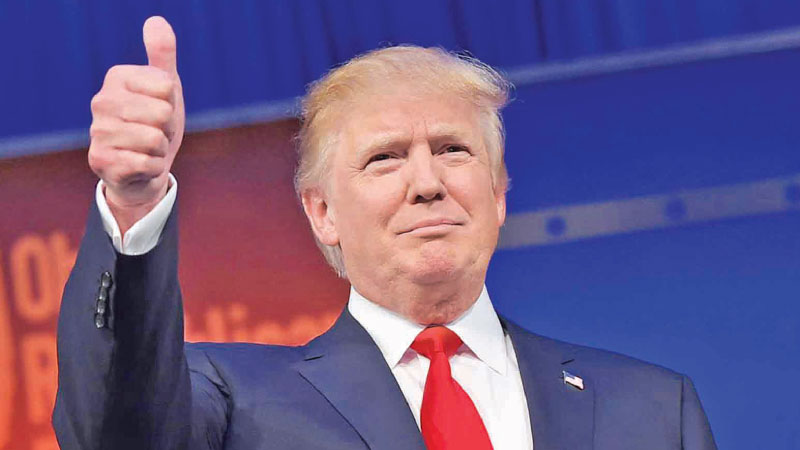In a classic tragedy, the leading figure is usually a person with admirable qualities and even good intentions, drawn inexorably toward disaster by a tragic flaw. Othello is susceptible to jealousy, Macbeth is too ambitious, Hamlet cannot make up his mind, and Faust cannot resist an offer to trade his soul for knowledge and pleasure. In each case, a single flaw overwhelms their positive qualities and places them on the road to destruction.
From that perspective, it’s hard to see Donald Trump as a truly tragic figure. Far from being heroic but flawed, he’s just the spoiled, self-indulgent scion of a wealthy and odious father, with more deficiencies of character than one can count. Apart from a genuine gift for self-promotion, a decent golf game, and a practiced ability to connive on cue, he’s decidedly lacking in other virtues.
Yet there is an undeniably tragic quality to the Trump presidency, even if he manages to avoid impeachment, jail, or permanent disgrace. Why? Because Trump did have some valid and important insights into America’s current problems and he had a chance to do something about them when he got elected. That opportunity has been wasted, however, and Trump’s flaws as a politician, strategist, and human being are the main reason why.
What did Trump get right? In 2016, when he called U.S. foreign policy a “complete and total disaster” and blamed repeated foreign-policy failures on an out-of-touch and unaccountable elite, he was on to something. He was correct to accuse key U.S. allies of spending too little on defense—a complaint many previous presidents had made—and right on the money in denouncing open-ended and costly efforts at nation building in places like Afghanistan. Trump and Bernie Sanders were the only candidates to acknowledge that globalization was not delivering as promised, and his message resonated with lower- and middle-class Americans who were deeply worried about lost jobs, flat income growth, and lax immigration controls. Trump also recognized China as America’s principal long-term competitor and that Beijing would not stop its predatory trade practices if the United States just asked nicely. And Trump was nearly alone in recognizing that demonizing Russia was counterproductive and served only to drive Moscow closer to Beijing.
Moreover, Trump’s expressed views on international affairs suggested he had a more or less realist perspective on foreign policy that might have served him well—if he had really meant it and grasped its implications. Although he was hardly a sophisticated or knowledgeable thinker on such matters, he seemed to understand that 1) international politics were inherently competitive; 2) foreign policy was not about philanthropy; 3) all nations pursue their selfish interests; and 4) foreign adventures whose costs exceed the benefits are dumb.
After his surprising electoral victory, therefore, Trump was in a position to chart a more realistic course for the country, based on some—but not all—of the positions he had taken during the campaign. Republicans controlled both the House and Senate, and much of the public would have been receptive to a foreign policy that corrected the excesses and mistakes of the past quarter-century. Had he assembled an experienced team and insisted that it follow his vision, he might have improved America’s global position and won over many of his early critics. But as in a classic tragedy, Trump’s vanity, stubbornness, poor taste in advisors, and other deficiencies of character have led to repeated disappointments at home and abroad.
- Foreign Policy



Add new comment